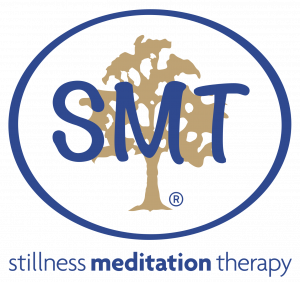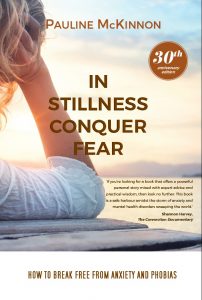Mind Safety
In recent weeks, the Work Safe campaign seems to have intensified, with many TV and press advertisements reminding us of the importance of safe work practices – a strong message for workers and employers alike. By and large these warnings deal with the possibility of accidents and ‘physical’ injury, if safe procedures are ignored. And these are valid warnings; many people whose work is essential to the smooth running of our everyday living, do so under dangerous and unpredictable conditions. It is imperative that everything possible is done to protect them and their families from harm.
One wonders however, why no mention is ever made of ‘mind safety’. Whether we are high up on scaffolding, bent over a computer screen or ‘flying’ from one meeting to the next, our mind is constantly working without the benefit of ‘work safe’ rules! Pressures at work are more often than not contributing to high stress and anxiety levels in our society. These are hidden dangers, not easily seen or identified, therefore harder to safeguard against. The reasons one feels ‘pressured’ or ‘stressed’ at work vary widely; the common result however is dissatisfaction, low morale, lack of initiative and inevitably loss of productivity. And while most companies would have in place a range of safety measures in case of a computer crash, very rarely do they plan for a ‘mind crash’ that can affect most of their employees at some time!
According to a 2011 study by Sydney University research team led by Dr Ramesh Manocha, work stress is a modern epidemic. “It costs the Australian economy $15 billion per year. It is a leading cause of absenteeism, causing both mental health problems such as anxiety and physical problems such as heart disease.”
The study found that meditation can reduce the levels of “occupational stress”, significantly more effectively than other often more expensive approaches to stress management. It is stated that a substantial proportion of depression in the community starts as works stress, according to recent Australian research. “Given the shortage of other options to prevent the mental health epidemic that threatens the younger generation, I think we should seriously examine the potential of this unique finding to stem the tide,” says Dr Manocha.
There are many more studies conducted around the world that support these findings. It would make sense then for any workplace “Wellness program”, to include meditation in the range of options offered to staff, to minimise the build up of stress and associated symptoms.
Stillness Meditation Therapy (SMT) is ideal for any such programs. It is a simple, secular practice that directly addresses physical and mental rest. SMT can be learned by anyone and practiced anywhere. Our Workplace Wellness Program, aims to teach staff and management this natural practice that reduces anxiety, relieves related symptoms and intercepts the stress reaction. Results? Increased efficiency and productivity and a healthier and harmonious work environment for all.
Programs can be adapted to suit small or large organisations.
If you are interested in discussing how SMT can be introduced to your work place, please call our Centre on 03 9817 2933 or email us
You can read more about the Sydney University study here



